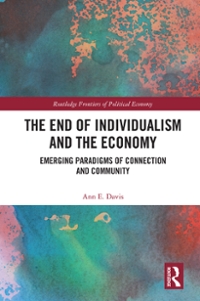Question
According to the WWF,3 the population of Southern Beaufort Sea polar bears in Alaska and Northwest Territories has declined by 40% from 2001 to 2010.
According to the WWF,3 the population of Southern Beaufort Sea polar bears in Alaska and Northwest Territories has declined by 40% from 2001 to 2010. Suppose that the Canadian government is interested in a project that would stop the decline in the number of polar bears. This project would reduce greenhouse gas emissions (responsible for ice melting, which in turn is related to the decline in the number of polar bears). The benefit of this project is the preservation of the existing population of polar bears, while the cost of this project includes expenses such as the cost of installing energy efficient heating/cooling systems in buildings, the cost of improving public transportation to discourage driving, etc. The government has already calculated the cost of this project. However, you have been asked to offer policy recommendations on the calculation of the benefits. You are aware of two options: contingent valuation and revealed preferences.
-Suggest how revealed preferences could be used as alternative approach to quantify the benefit of protecting polar bears. Provide a specific example.
Step by Step Solution
There are 3 Steps involved in it
Step: 1

Get Instant Access to Expert-Tailored Solutions
See step-by-step solutions with expert insights and AI powered tools for academic success
Step: 2

Step: 3

Ace Your Homework with AI
Get the answers you need in no time with our AI-driven, step-by-step assistance
Get Started


